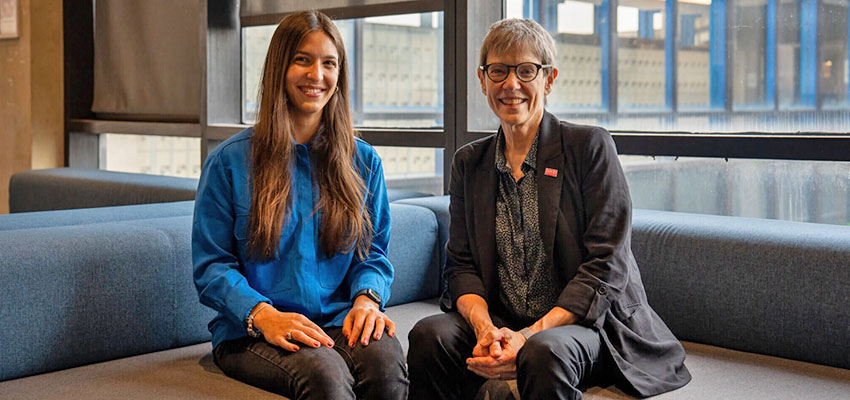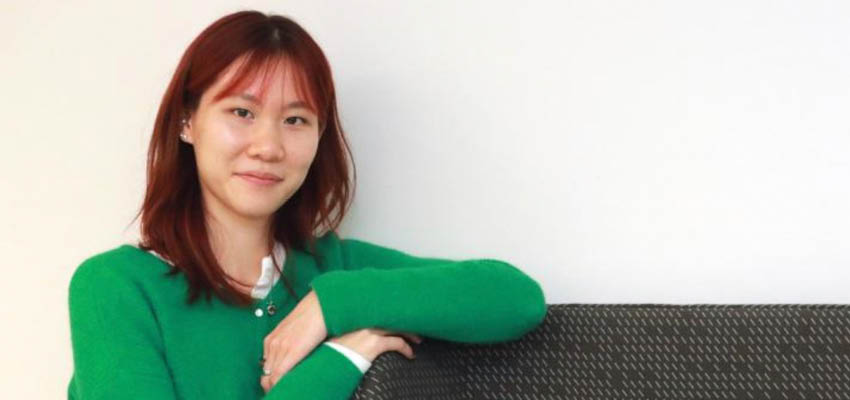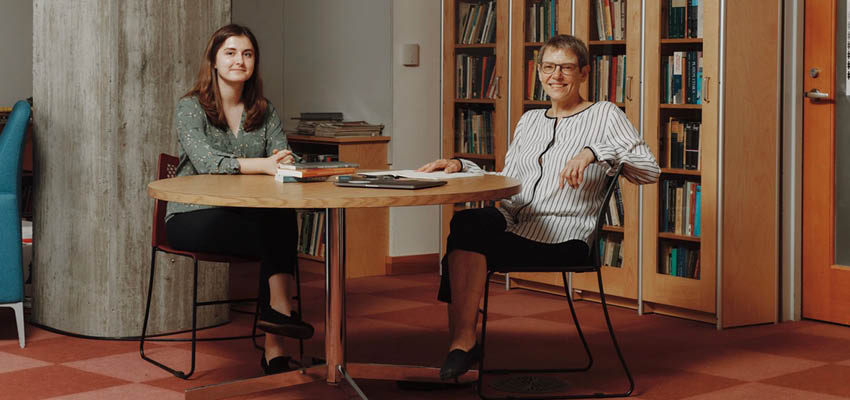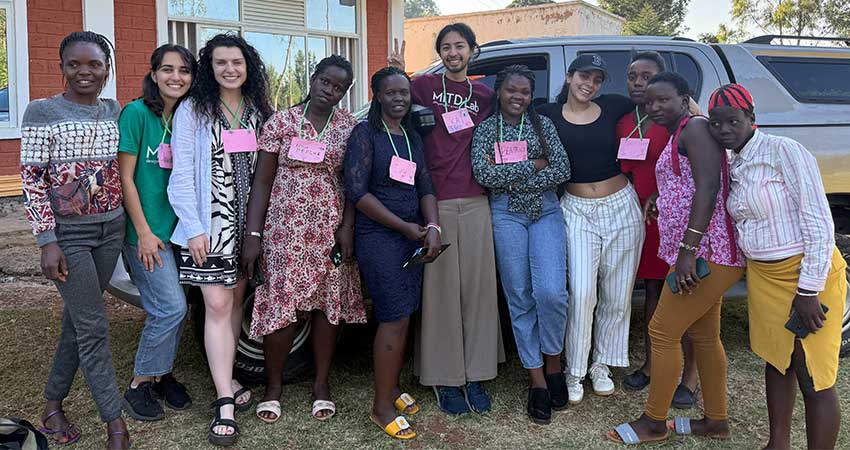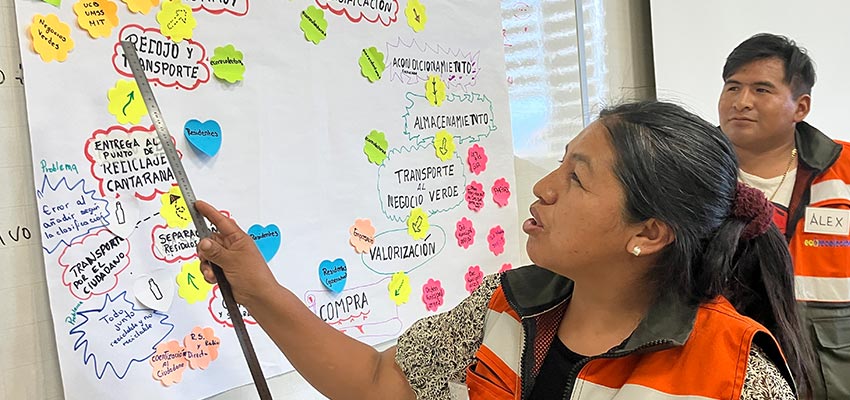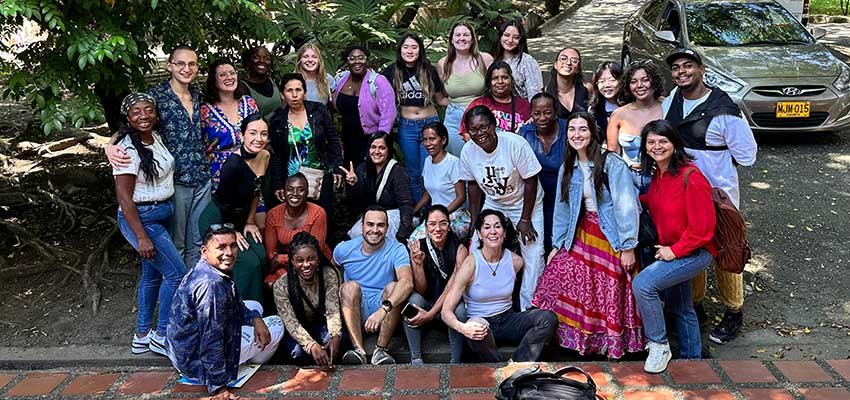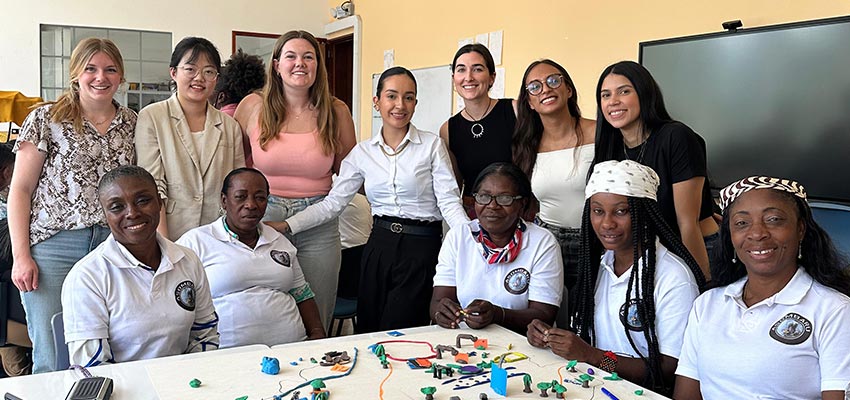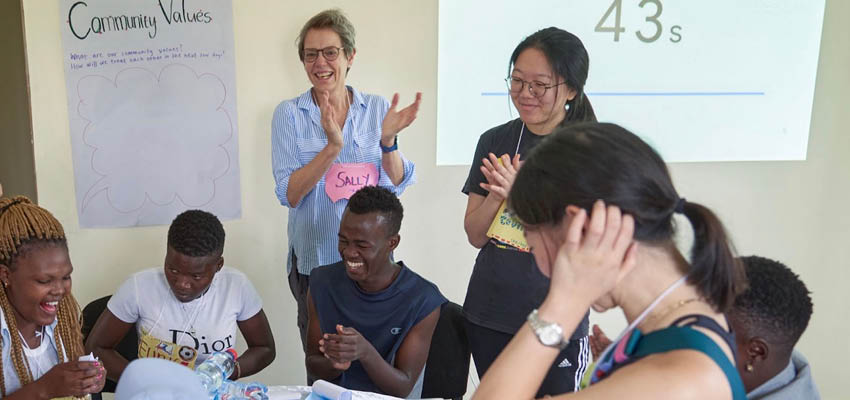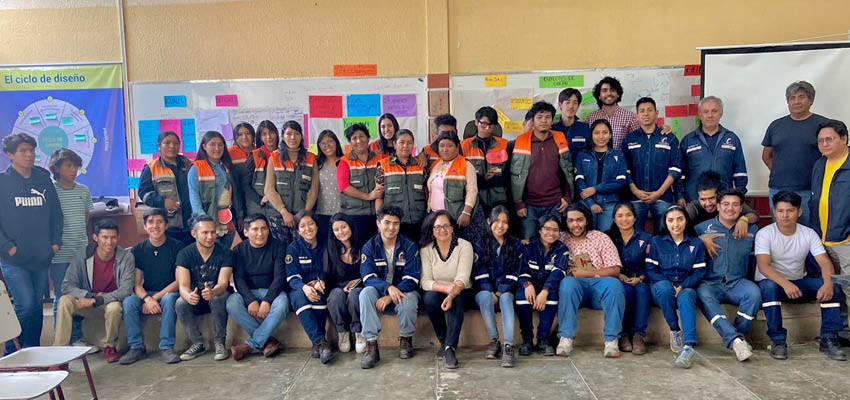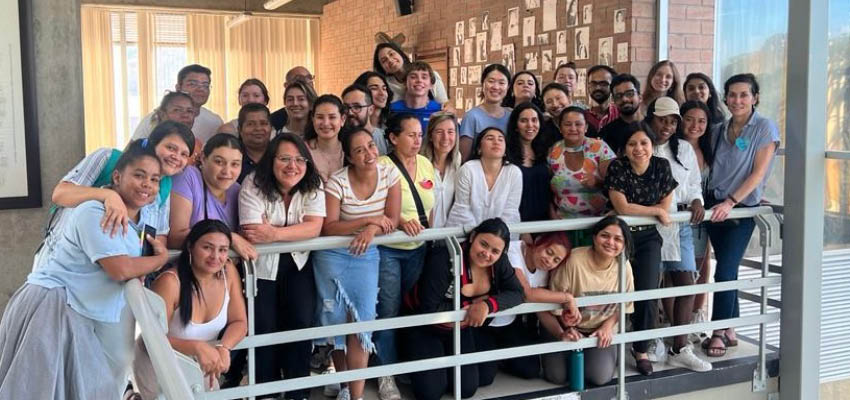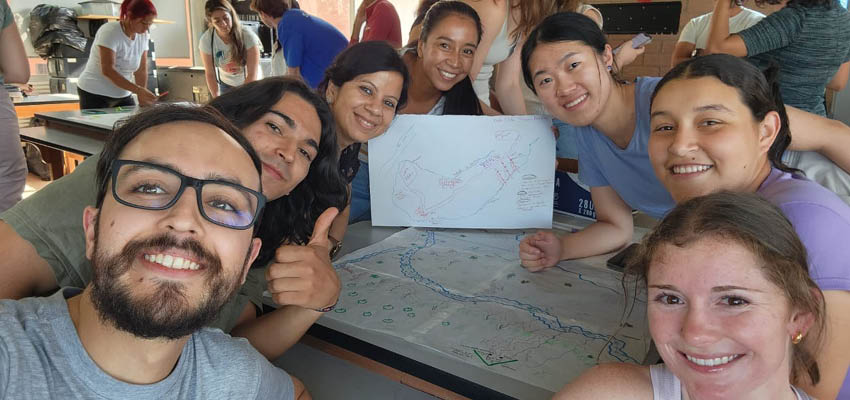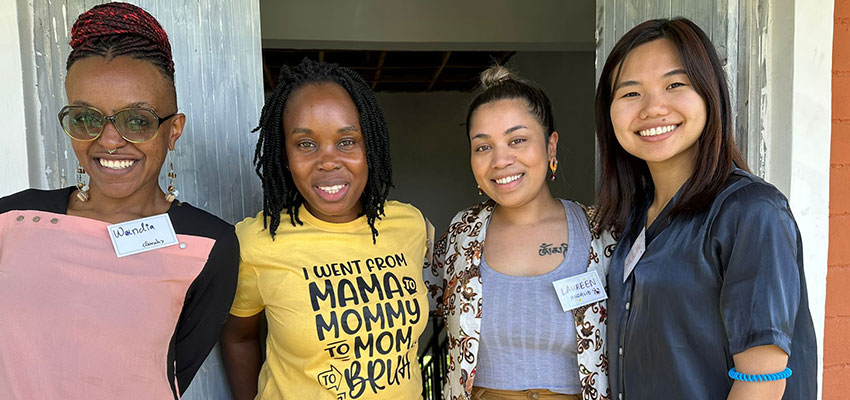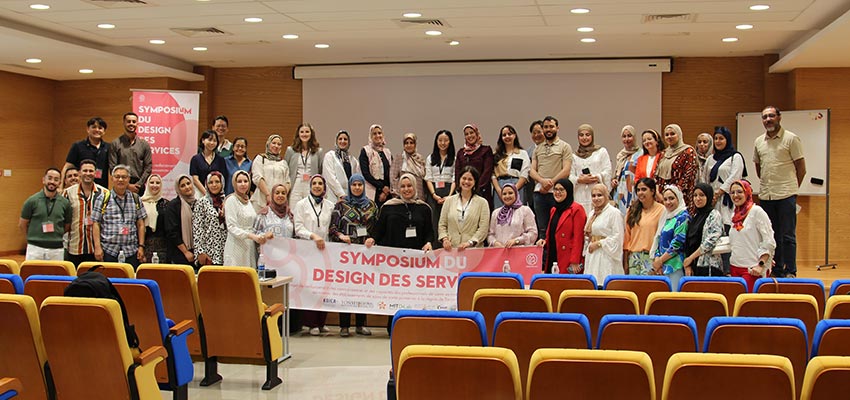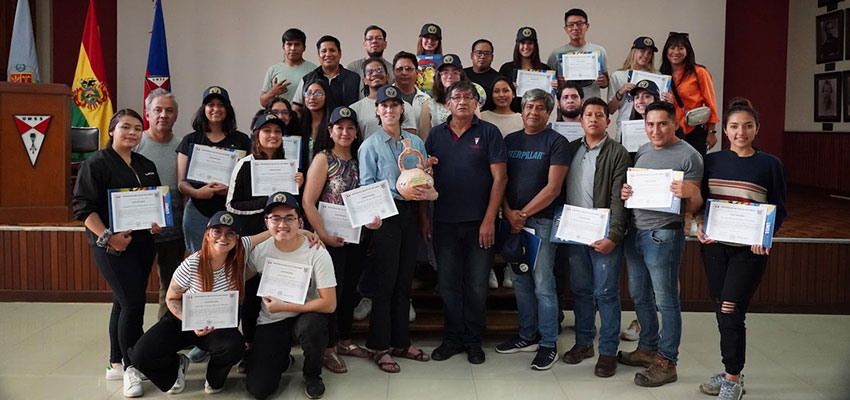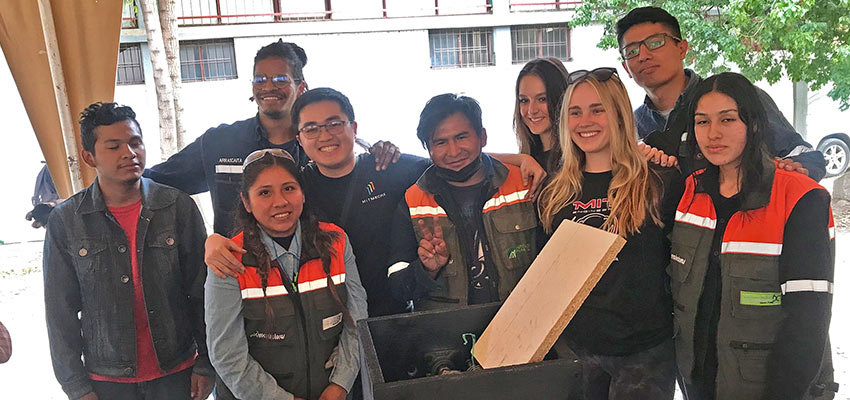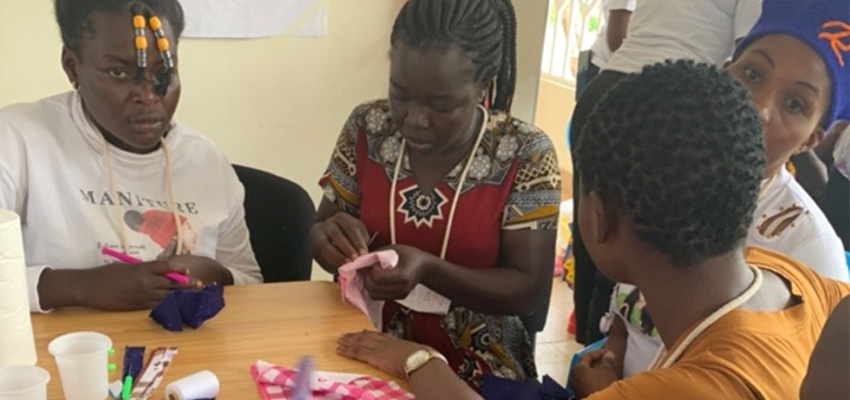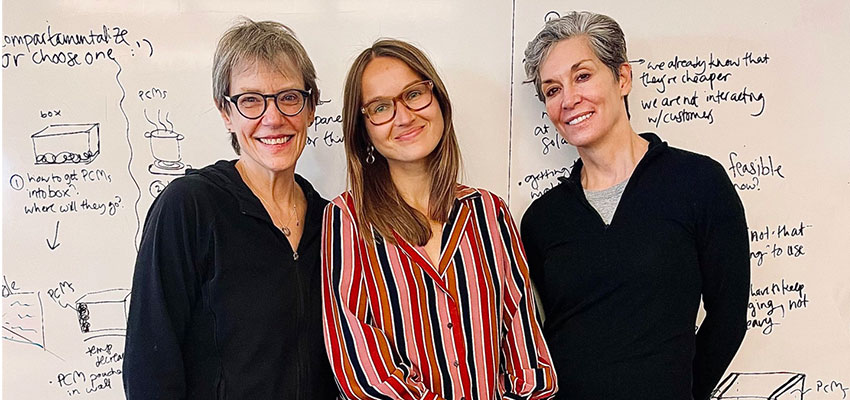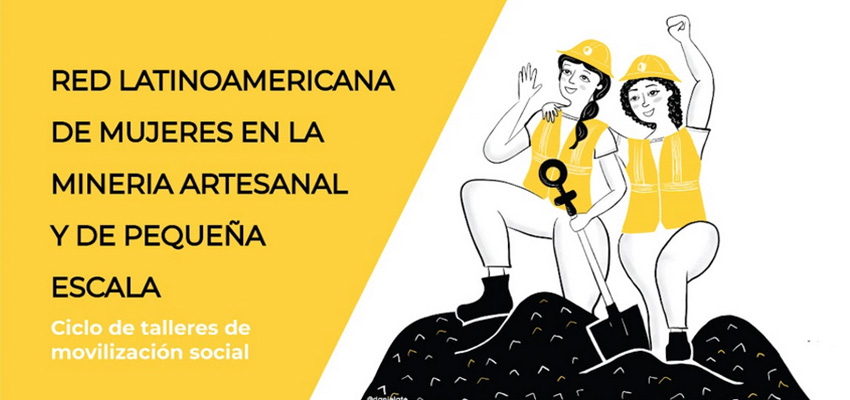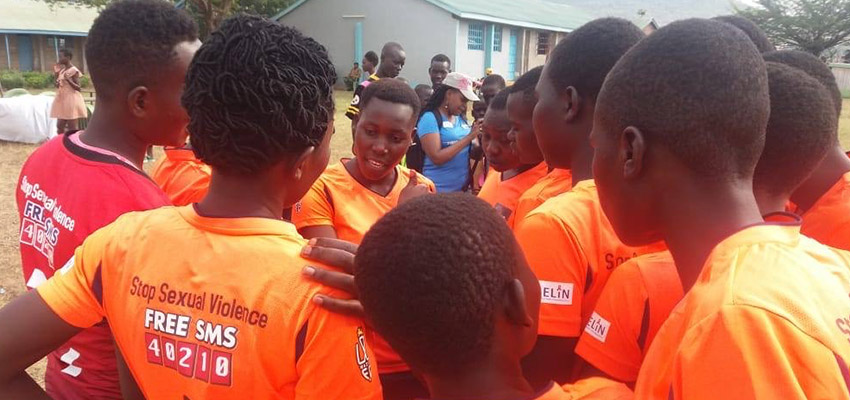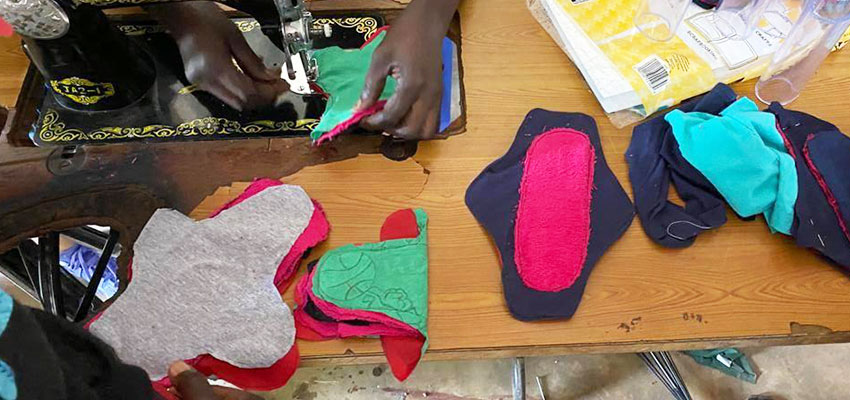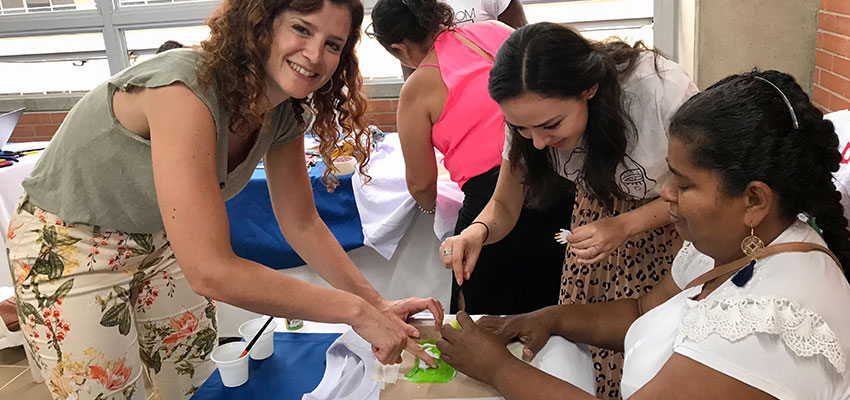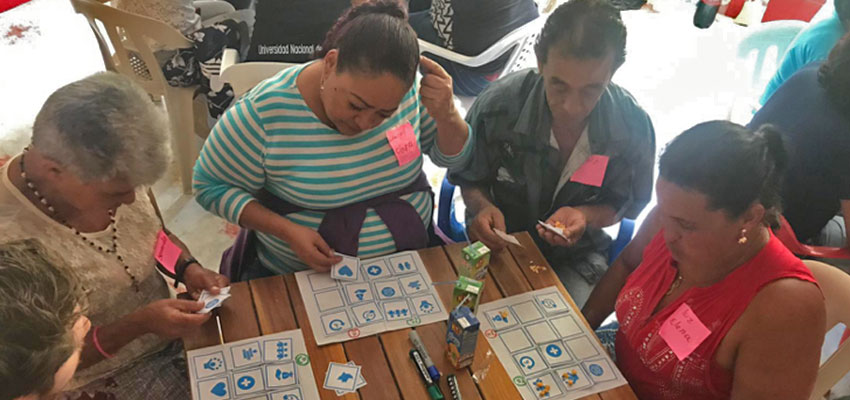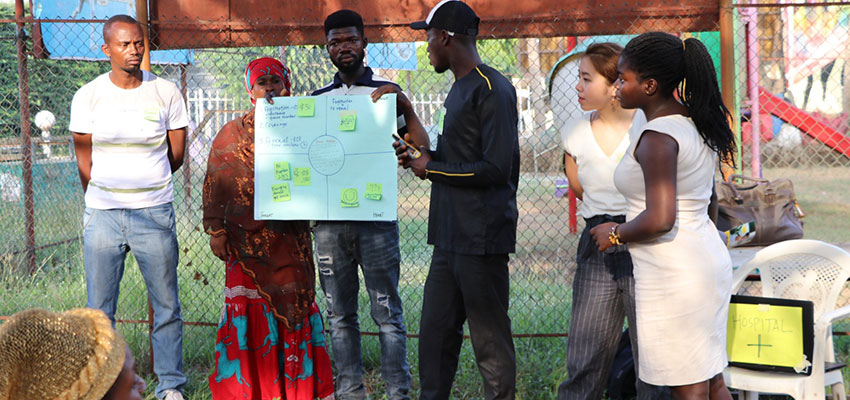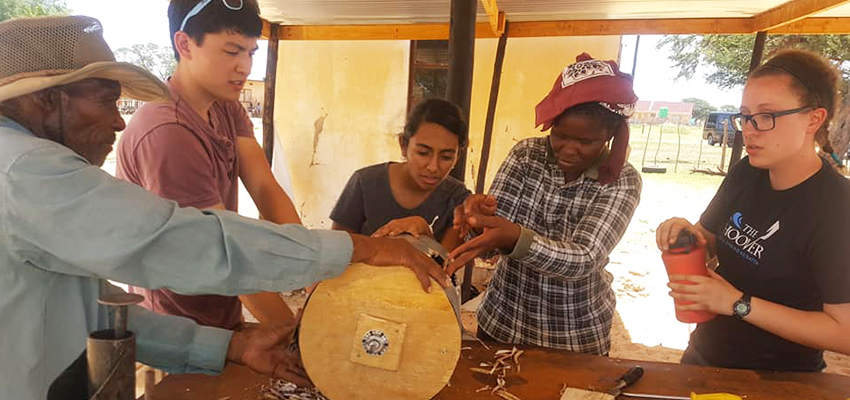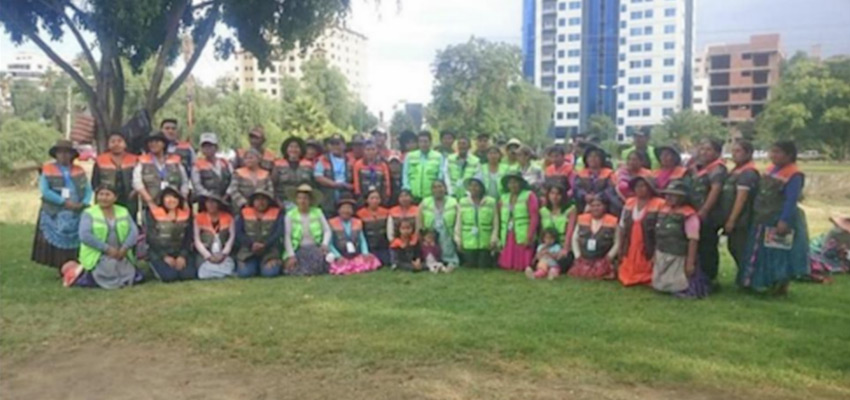
Promote the inclusion of female waste pickers in Cochabamba, Bolivia, as economic agents in the value chain of residue management and the market for recycling industries.
Student team
MIT students unless otherwise noted.
- Sandra Walter: Graduate Student, Engineering Education
- Shruthi Ravichandran: Undergraduate Student (MIT, Class of 2025)
- Diana Guo: Graduate Student, M.Des + M.L.A Landscape Architecture
- Alyssa Unell: Undergraduate Student (MIT Class of 2023)
- Marina Santos: Undergraduate Student (Wellesley, Class of 2024)
- Aakrity Madhan: Graduate Student, M.Des - Energy and Environment, 2023
- Sana Sohoni: Graduate Student, Ed.M - Education Policy & Analysis, 2023
Community partners
On this project, we are partnering with a local university, Universidad Mayor de San Simón (UMSS). They have formed a team of local engineering students led by Marco Antonio Arancibia Miranda, an electrical engineer, and Carola Ortuno, a senior consultant specializing in Circular Economy Strategies and Waste Management Systems.
Location
Bolivia
Project description
Our teams are working on five main aspects, all centered around including and empowering eco-recolectoras in the economy: composting, biogas creation, monetizing model development, plastic pelletizer creation, and Creative Capacity Building (CCB) curriculum development.
We recognize that composting is an essential aspect of sustaining our planet. Areas with landfills in particular often suffer more because the soil quality is depleted and methane from the trash is released into the atmosphere. We are currently working on a GIS analysis of existing soil conditions in Cochabamba, drafting a manual on composting, developing tools to show the importance of composting for a variety of factors, and evaluating case studies on sustainable landscape typologies. For our project, we will collaborate with the eco-recolectoras to develop long-term sustainability by composting for a better environment.
The plastic pelletizer project is focused on converting waste plastic into reusable raw material, benefiting both the eco-recolectoras as a source of income, as well as the recycling economy and the environment. Our work will center on using accessible materials to create a plastic shredder.
The increased monetization of the work by the eco-recolectoras is imperative for the mobilization of these workers as well as for the improvement of efficiency in the waste sector in Bolivia. We will analyze preliminarily received diagnostic information to quantify the climate impact that eco-recolectoras can have on the environment, as these workers play a significant role in the recycling process. We will identify regions of Bolivia that are overlooked by current municipality organized waste collection methods in order to maximize collection of eco-recolectoras. We aim to collaborate with the municipality to create a formalized position for waste pickers as they are members of the waste collection team, and we will do this by establishing a positive relationship with municipality members, presenting our quantitative analyses, and creating a bridge of communication between eco-recolectoras and policy makers.
The CCB curriculum development team is working on putting together a concrete curriculum teaching building skills, teamwork, and the creative process. This curriculum will be used in the January CCB in Cochabamba. To teach woodworking, we will be creating cart chocks. To teach metal and fabric working, we will be making headlamps. Both the skills learned and tools created will help the waste-pickers in their day to day lives. In addition to skill building, teams will work on projects relevant to their jobs. Projects may include the creation of a composter, a paper shredder, or a pelletizer, an optimization strategy for picking paths, or a petition to the government for more formal recognition.
MIT D-Lab Class
Contact
Libby McDonald, MIT D-Lab Lecturer, MIT D-Lab Inclusive Economies Lead


